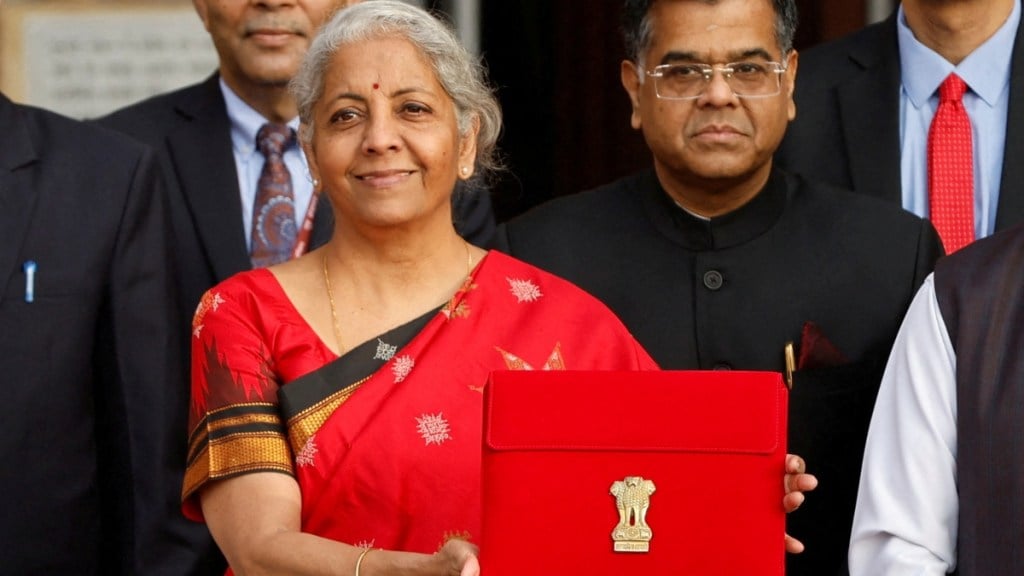The Budget 2024 is no doubt the most talked about economic event for the country. Budget 2024 expectations are doing the rounds and all eyes are on July 23 when Finance Minister Nirmala Sitharan will be tabling the Budget. While it is common knowledge that by tabling this Budget, she will hold the record for presenting maximum budgets in a row, there are many intriguing and lesser-known facts about the Budget. Here are 10 lesser-known facts:
1. Budget Tradition
India has a long trradition of presenting the Budget and dates back to the 19th century. The inaugural Indian Budget was introduced on February 18, 1869, by James Wilson, a Scottish economist and politician. This marked the formal inception of financial planning and taxation policies under British rule, following the introduction of the idea of the Indian Budget by the East India Company on April 7, 1860.
After independence, India’s first post-colonial Finance Budget was delivered on November 26, 1947, by RK Shanmukham Chetty. The first budget of India as a Republic, distinct from colonial-era practices, was presented on February 28, 1950, by John Mathai, setting the stage for modern budgetary practices in independent India.
2. The Briefcase Tradition
One of the most iconic symbols of the Union Budget is the briefcase carried by the Finance Minister on Budget Day. This tradition dates back to the colonial era. In 2019, Piyush Goyal, who presented the interim Budget, was the last finance minister to carry a suitcase. After that, Nirmala Sitharaman, in her first Budget speech came up with ‘bahi-khata’ concept, saying it was “high time to move on from British hangover”. In a post-Covid scenario India has steadily moved to a digital Budget.
3. Halwa Ceremony
Before the printing of the Union Budget document begins, a ritual called the “Halwa Ceremony” takes place at the Ministry of Finance. Halwa (a sweet dish) is prepared and served to all those involved in the budget-making process, signifying the beginning of the lock-in period where officials are isolated to prevent leaks.
4. Budget Time
The long-standing colonial tradition of presenting the Union Budget at 5 PM was broken by the Atal Bihari Vajpayee’s government when then Finance Minister Yashwant Sinha presented the Budget at 11 AM. Since then, all successive governments have presented the Budget at 11 AM.
5. Budget Papers Colour
The colour of the budget papers alternates every year between red and black. Red is used for the regular budget and black for the interim budget. This tradition dates back to colonial times.
6. Idea of adopting GST
The concept of the Goods and Services Tax (GST) in India predates its formal introduction in 2017. Although GST was first implemented on July 1, 2017, by then-Finance Minister Arun Jaitley, its origins traced back to earlier proposals. The idea of adopting GST was initially put forward in 2000 during the tenure of the Atal Bihari Vajpayee Government.
The term “GST” also found mention in the Budget speech of P. Chidambaram on February 28, 2006, when he served as the Finance Minister under the UPA II regime. The primary objective behind proposing GST was to establish a unified tax regime across the country, aiming to streamline and simplify India’s complex taxation structure.
7. Making a new record
Finance Minister and BJP leader Nirmala Sitharaman will make history by presenting the Union Budget 2024-25 in Parliament on July 23. This achievement will distinguish her as the first finance minister of India to deliver seven consecutive Union Budgets, surpassing Morarji Desai’s previous record of six. Morarji Desai, who held the position of India’s finance minister from 1959 to 1964, previously set a significant milestone with five full Budgets and one interim Budget. His tenure established a longstanding record in Indian financial history, maintaining the highest number of budgets presented by any finance minister for over fifty years.
8. Railways Budget merged with Union Budget
In 2017, the Rail Budget was merged with the Union Budget. This change, initiated by then Finance Minister Arun Jaitley, shifted the traditional presentation date of the Budget from the end of February to February 1st. The objective was to streamline the budgetary process, enhance efficiency, and foster the overall development of both the Railways and the Indian economy.
9. Longest and shortest speeches
Dr. Manmohan Singh’s 1991 budget speech, which quoted Victor Hugo stretched to an impressive 18,650 words. This speech remains renowned for its depth and detail in addressing economic matters.
In contrast, HM Patel delivered the shortest budget speech on record in 1977, containing a concise 800 words during the presentation of the Interim Budget. Not only was it brief in content, but it also set a record for brevity in budget speeches.
When it comes to the duration of budget presentations, Finance Minister Nirmala Sitharaman, set a notable record with her 2020-21 Budget speech delivered on February 1, 2020. It lasted for two hours and 42 minutes. Despite her extensive coverage of various fiscal measures and policies, time constraints required her to curtail the speech abruptly with two pages left unfinished.
Conversely, Pranab Mukherji delivered the shortest budget speech in terms of time, making his 1982 presentation notably succinct.
10. Not just FMs, PMs have also delivered Budget
While it is traditionally the finance minister’s role to present the Union Budget in India, there have been noteworthy occasions when the prime minister assumed this responsibility. Jawaharlal Nehru became the first prime minister to present the Union Budget in 1958. This unusual circumstance arose when then-Finance Minister TT Krishnamachari resigned amid controversy, prompting Nehru to step in and deliver the budget address.
In subsequent occurrences, Prime Minister Indira Gandhi took on the Budget presentation in 1970 following the resignation of Finance Minister Morarji Desai, who protested the nationalisation of 14 Indian private banks without prior consultation. Similarly, in the fiscal year 1987-88, Prime Minister Rajiv Gandhi presented the Budget when Finance Minister VP Singh resigned.

